On Genesis, Part 42: A World Without Trust
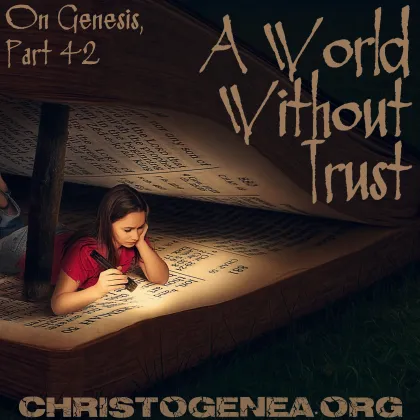
On Genesis, Part 42: A World Without Trust
Once Jacob had married both Leah and Rachel, and had twelve children born to him in Haran, he had wanted to leave there, but his father-in-law Laban had begged him to stay. So as the account goes in the later half of Genesis chapter 30, after Laban had admitted to Jacob that he himself had profitted greatly on account of his presence he had then asked him to remain. Upon answering him Jacob only agreed to remain under the condition that he could keep to himself certain of the cattle as payment in exchange for his labor. So Laban agreed, and perhaps he was only eager to accept the offer because Jacob’s demand for payment in the speckled, spotted, grisled and striped cattle of the flock must have seemed as if it would be even more profitable to him than to Jacob. However unbeknownst to Laban, Jacob had a dream, where the God of Bethel, the God of his fathers, had appeared to him, and while it is not stated explicitly, in that dream he must have been shown how to increase the ratio of such cattle exponentially among the kids of the flock, a claim which is established by Jacob’s subsequent actions.
Presenting that account, we had long digressions in order to present information from studies in a field called epigenetics. There, we sought to demonstrate how certain substances in the wood which Jacob had placed into the watering-troughs of the cattle could indeed cause certain genes which are otherwise latent to express themselves in the kids of the flock, and that is how Jacob’s dream was fulfilled. Not only would the cattle drink the water in which the wood had been soaked, but they would very likely eat of the bark and of the wood itself, as sheep and goats frequently do eat trees. This may seem like magic, and in earlier ages, before the advent of genetic science, it must have seemed that way, but now there is a simple and natural explanation which stands as a proof that the provenance of our Scriptures certainly is found in Yahweh our God. While it is certain that Jacob did not understand epigenetics, he did know to strip some of the bark from young saplings and place them in the watering troughs, and the knowledge of the operations of nature which is found in God had caused the desired effect.


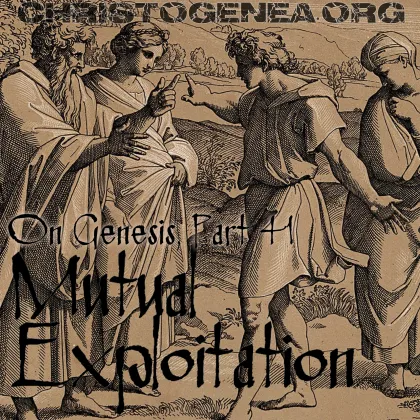
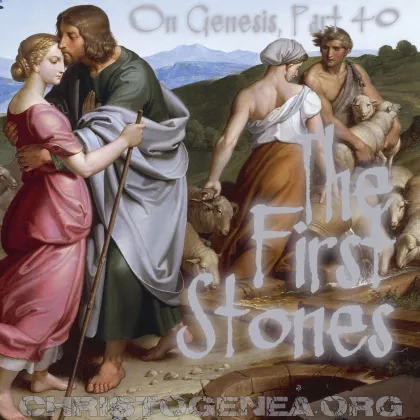
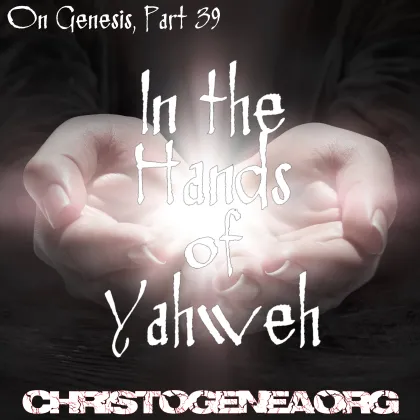
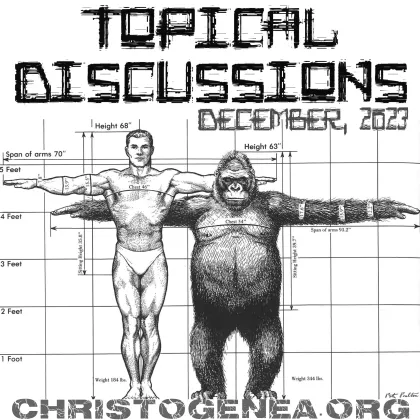
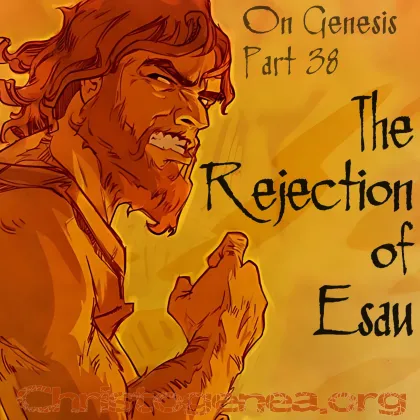

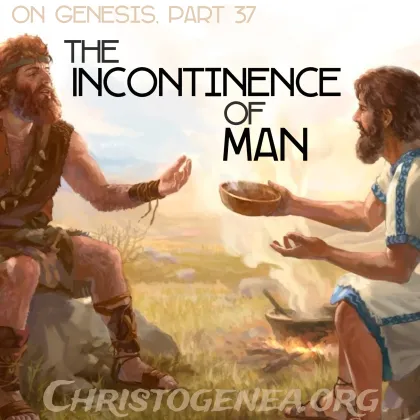
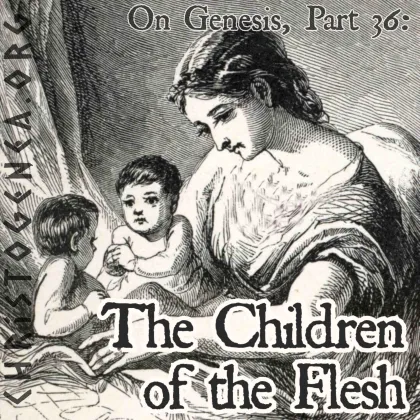

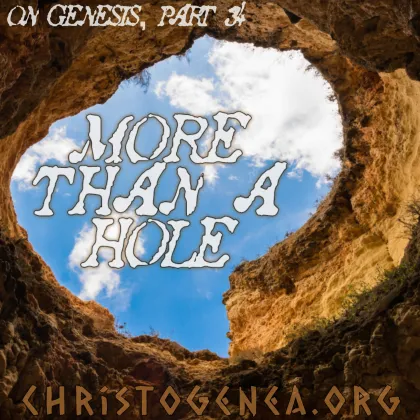

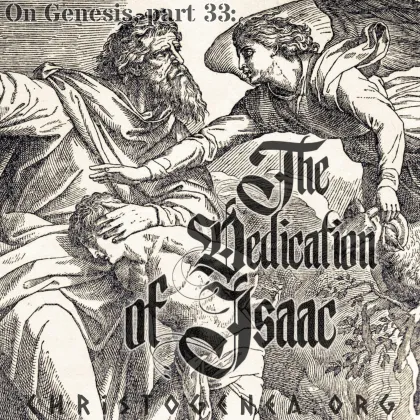

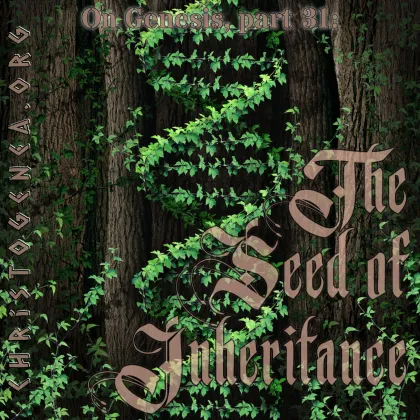

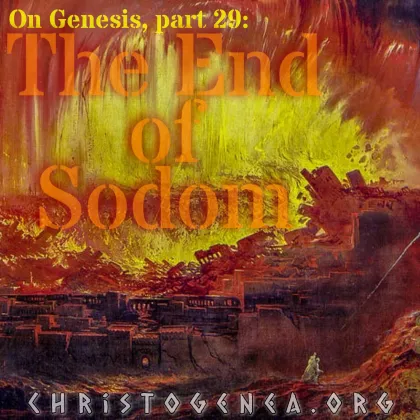

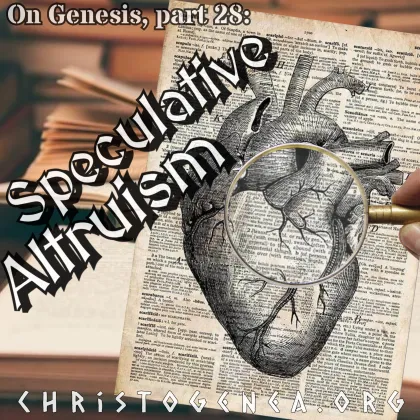




 Please click here for our mailing list sign-up page.
Please click here for our mailing list sign-up page.







